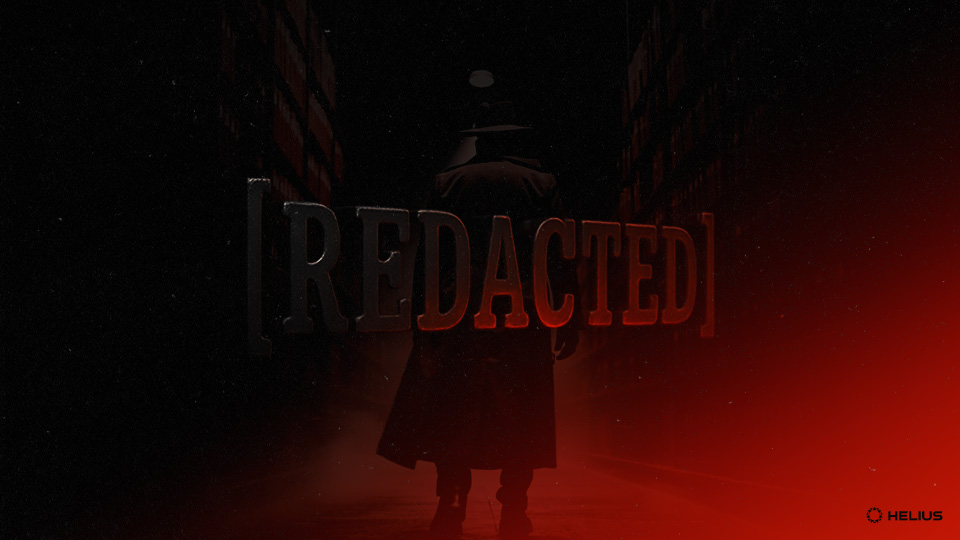 5,000USDC Total Prizes | ||
3,000 USDC 1st 1,500 USDC 2nd 500 USDC 3rd |
20
SUBMISSIONS
Syncing...
REMAINING
REDACTED TRACK
This is a track for the Redacted hackathon, hosted exclusively on Superteam Earn.
View All TracksSKILLS NEEDED
CONTACT
Reach outif you have any questions about this listing
RELATED LIVE TRACKS

SKILLS NEEDED
Content
Other
Blockchain
CONTACT
Reach outif you have any questions about this initialBounty

